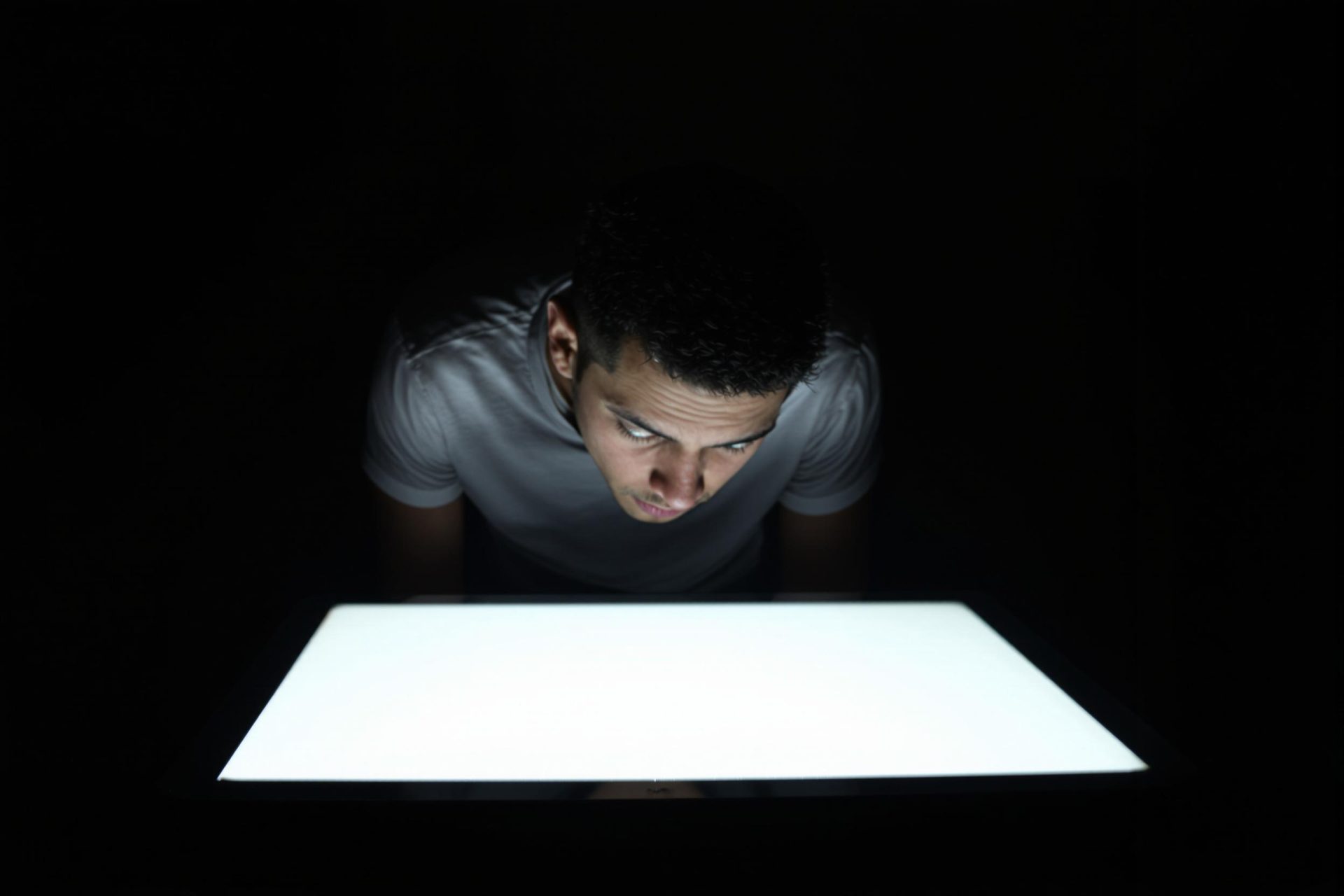Key Takeaways
- Concerns are rising that relying too heavily on Artificial Intelligence (AI) could harm our own thinking abilities.
- Research suggests a possible link between frequent AI use and declines in critical thinking and memory capacity.
- Experts warn that offloading mental tasks to AI might cause our cognitive skills to weaken over time, following a “use it or lose it” principle.
- There’s a risk of treating AI like a “magic box,” reducing our own engagement in complex problem-solving.
- While AI might not be the only factor, some worry it could be worsening existing trends in cognitive function.
Artificial intelligence is becoming increasingly common, weaving itself into our daily routines. But is this constant digital assistance actually making us smarter, or could it be having the opposite effect?
Recent analysis highlighted by Futurism explores a potential downside: by letting AI handle more of our thinking tasks, we might be inadvertently weakening our own minds.
Several studies point towards this possibility. One paper, published in Frontiers in Psychology, suggests that regular AI use could lead to an atrophy of our cognitive skills and memory.
Another researcher, Michael Gerlich, writing in the journal Societies, identified a link between frequent AI tool use and lower critical thinking abilities. He refers to this as the “cognitive costs of AI tool reliance.”
Gerlich uses healthcare automation as an example. While AI can make hospitals more efficient, it might reduce the need for professionals to engage in the deep, independent critical thinking that defines human decision-making.
This isn’t just speculation. It’s widely understood that brain power benefits from regular exercise – a “use it or lose it” scenario. Turning to tools like ChatGPT for everyday challenges, from writing emails to solving problems, could chip away at our mental sharpness.
As we hand over more complex tasks to AI, there’s also a danger of viewing it as infallible, a sort of “magic box” that does the hard thinking for us. This perception is often encouraged by how AI technology is marketed.
This attitude can lead down a concerning path. Experts warn against blindly trusting AI outputs without engaging our own critical faculties.
“To be critical of AI is difficult you have to be disciplined,” Gerlich notes. “It is very challenging not to offload your critical thinking to these machines.”
However, it’s important not to blame AI exclusively. Some analysts note that certain cognitive trends predate the widespread use of AI tools.
Still, accounts from educators and observations about critical thinking skills raise questions. AI might not have started these trends, but there’s a growing concern it could be accelerating them.



